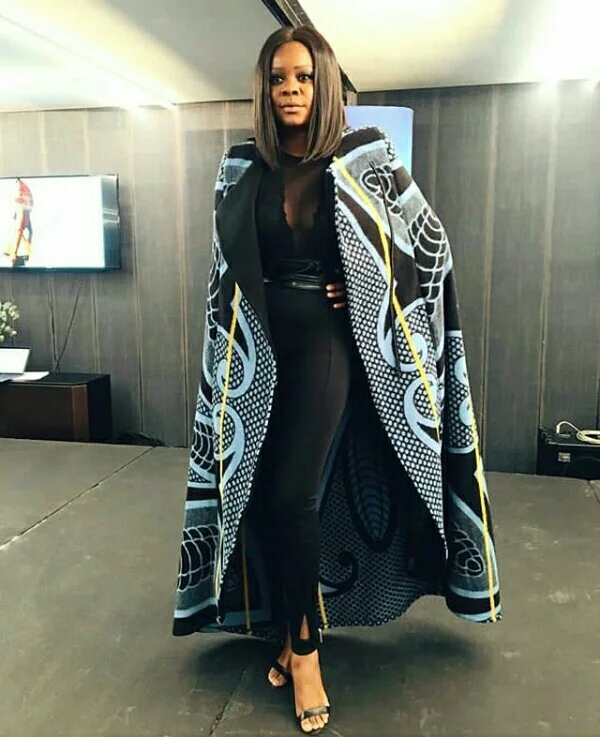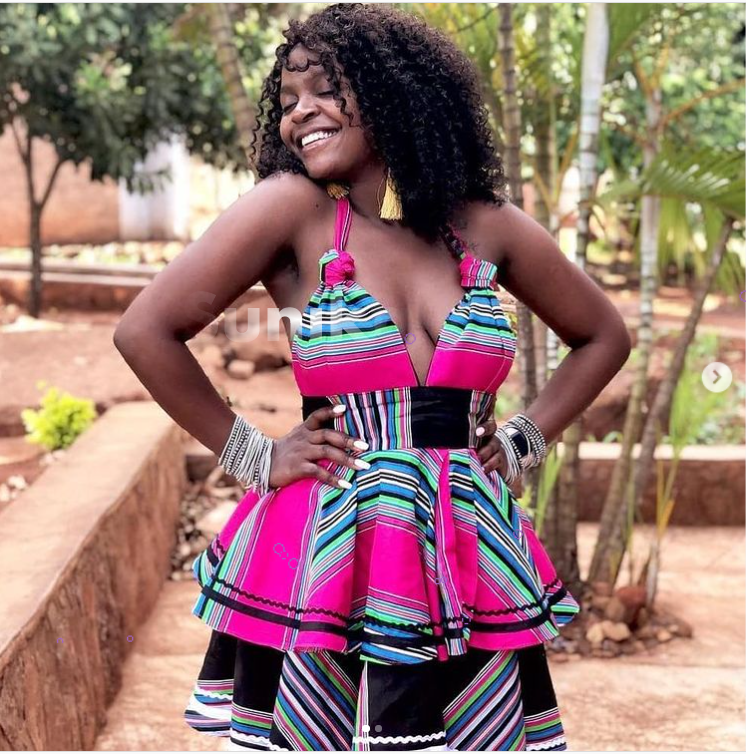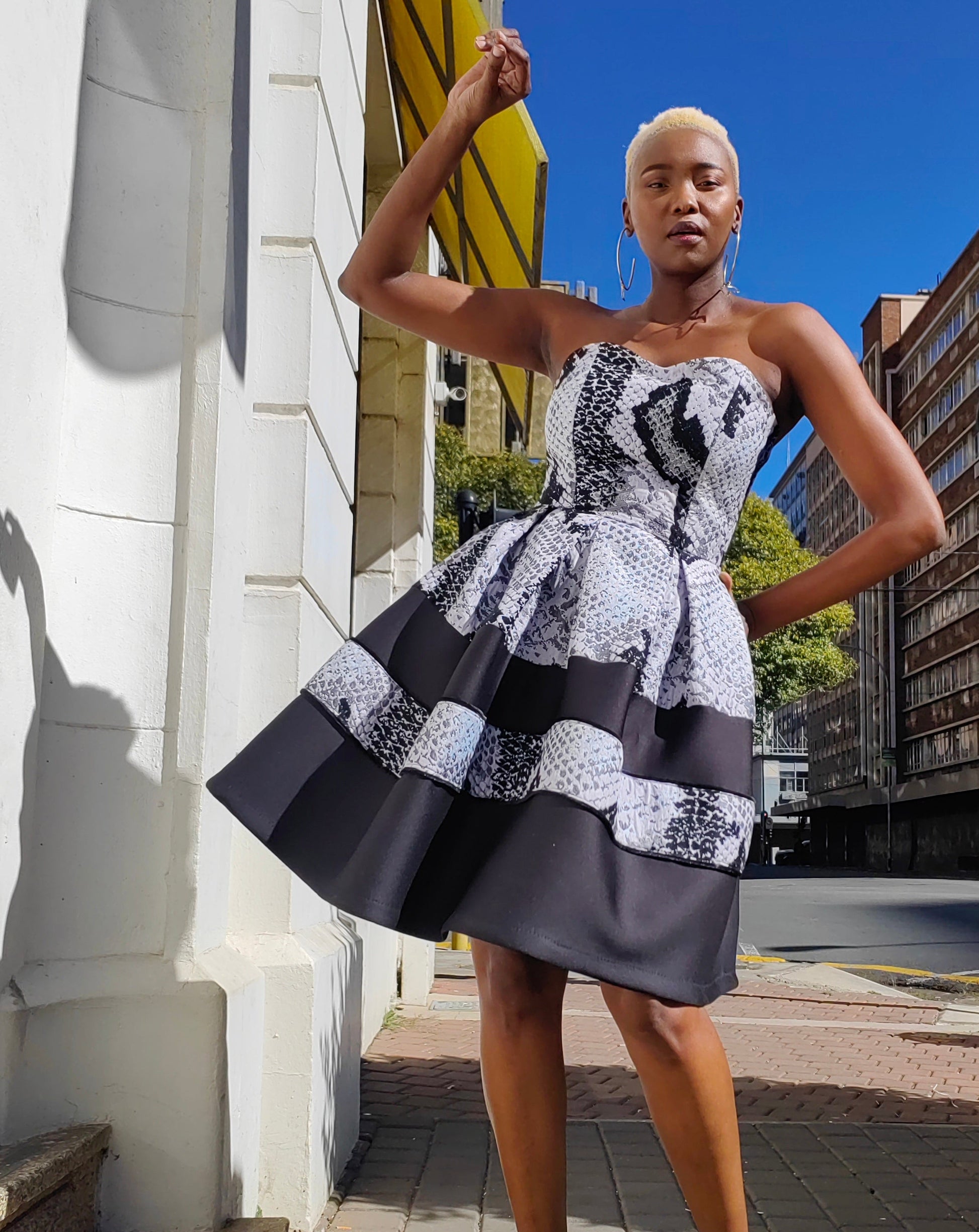
Planning a wedding can be a significant and exciting undertaking however, planning a wedding can be overwhelming at times, so don't hesitate to ask for help from family, friends, or even a wedding planner if needed. Stay flexible, and remember that the most important thing is celebrating your love and commitment to each other.
Where Do You Start Planning For A Wedding?
With proper organization and a clear plan, it can be an enjoyable and memorable process. Here's a guide to the first steps in planning for your wedding:
-
Set a Date: The first step is to decide on a wedding date. Consider factors like the season, important dates for you and your partner, and any other events or commitments that might influence your choice.
-
Determine Your Budget: Establish a budget that you and your partner are comfortable with. Decide on the overall amount you're willing to spend and allocate funds to different aspects of the wedding, such as venue, catering, attire, and decorations.
-
Create a Guest List: Work with your partner to create a preliminary guest list. This will help you determine the size of the wedding and find a suitable venue.
-
Choose a Venue: Start researching and visiting potential wedding venues. Consider factors like capacity, location, ambiance, and availability on your chosen date. Once you find the right venue, book it as soon as possible to secure your date.
-
Select Wedding Party: Decide on your wedding party, including bridesmaids, groomsmen, and other key roles. Inform them of their roles and responsibilities.
-
Hire Key Vendors: Book essential vendors early on, such as a photographer/videographer, caterer, and florist. These vendors often get booked quickly, so securing them early is crucial.
-
Choose Wedding Attire: Start shopping for your wedding attire and the attire of your wedding party. Allow enough time for fittings and alterations.
-
Plan the Ceremony and Reception: Work on the details of your wedding ceremony, such as vows, readings, and any special rituals. Also, plan the reception program, including speeches, dances, and entertainment.
-
Send Save-the-Dates and Invitations: Once your date and venue are confirmed, send out save-the-date cards to inform your guests in advance. Then, send formal wedding invitations closer to the date, including RSVP details.
-
Arrange Accommodations: If you have out-of-town guests or are having a destination wedding, arrange accommodations for them.
-
Plan Decorations and Details: Decide on the decorations and details that align with your wedding style and theme. This includes flowers, centerpieces, lighting, and any personalized touches.
-
Organize Transportation: Arrange transportation for you, your partner, and your wedding party, as needed.
-
Finalize Menu and Catering: Work with your caterer to finalize the menu and ensure they are aware of any dietary restrictions or special requests.
-
Obtain Necessary Documents: If your wedding requires any legal documents, such as a marriage license, make sure you obtain them in advance.
-
Create a Timeline: Develop a wedding timeline or schedule of events to keep everything on track during the big day.
-
Confirm Details with Vendors: In the weeks leading up to the wedding, confirm all arrangements and details with your vendors to ensure everything is in place.
-
Enjoy Your Wedding Day: On the wedding day, try to relax and enjoy the moment. Trust that you've done all the planning, and now it's time to celebrate with your loved ones.
Remember that wedding planning can be overwhelming at times, but take it one step at a time and seek support from your partner, family, and friends. With thoughtful planning and a focus on what matters most to you, your wedding day will be a beautiful and joyous occasion.
What is A Good Budget For A Wedding?
The budget for a wedding can vary greatly depending on various factors, including the location, guest count, level of formality, and personal preferences of the couple. It's essential to set a budget that is realistic and comfortable for you and your partner. Here are some general guidelines to consider when creating a wedding budget:
-
Assess Your Finances: Begin by taking a look at your financial situation and determine how much you can comfortably allocate to your wedding without straining your finances or going into debt.
-
Prioritize Spending: Identify the aspects of the wedding that are most important to you and your partner. Allocate a larger portion of the budget to these priorities and be willing to make adjustments in other areas.
-
Research Average Costs: Research the average costs of wedding expenses in your region or area. This will give you an idea of what to expect and help you set realistic expectations.
-
Create Categories: Divide your budget into categories such as venue, catering, attire, photography, decor, entertainment, and other essential expenses.
-
Account for Hidden Costs: Keep in mind that there may be hidden or unexpected costs associated with your wedding. Plan for contingencies to avoid any last-minute financial surprises.
-
Guest Count Matters: The number of guests you invite will significantly impact your budget, as each additional guest means more expenses for food, seating, and other accommodations.
-
Consider DIY Options: If you are crafty or have talented friends or family members, consider DIY (do-it-yourself) options for certain elements of the wedding, such as decorations or wedding favors.
-
Negotiate with Vendors: Don't hesitate to negotiate with vendors to get the best possible deals. Many vendors may be willing to work with you within your budget constraints.
-
Track Expenses: Keep a close eye on your spending throughout the planning process to ensure you are staying on track with your budget.
The average cost of a wedding can vary widely based on location and cultural norms. In some regions, a wedding could cost a few thousand dollars, while in others, it could be tens of thousands or even more. As of my last knowledge update in September 2021, the average cost of a wedding in the United States was around $28,000 to $34,000. However, it's essential to remember that your wedding should reflect your values, style, and financial situation, and there is no one-size-fits-all answer to what constitutes a "good" budget. Whatever amount you choose to spend, prioritize creating a memorable and meaningful day that celebrates your love and commitment to each other.
Step-by-step Guide To Help You With Planning For Your Special Day
Here's a step-by-step guide to help you plan your special day:
-
Setting the Date and Budget: Decide on a wedding date that is meaningful to you and your partner. Establish a budget that outlines how much you can afford to spend on your wedding. Consider what aspects are most important to you both and allocate funds accordingly.
-
Traditional or Western Wedding: In South Africa, couples often have the option to have a traditional African wedding or a Western-style wedding. Decide which type of wedding you'd like to have or if you want to incorporate elements of both.
-
Choosing a Venue: Look for wedding venues that align with your preferences and budget. South Africa offers a wide range of stunning locations, from elegant ballrooms to scenic outdoor settings. Book the venue in advance to secure your date.
-
Guest List and Invitations: Create a guest list based on your budget and venue capacity. Send out wedding invitations to your guests well in advance, allowing them time to plan and RSVP.
-
Wedding Attire: Select traditional or Western wedding attire, depending on your preference. Visit bridal boutiques or tailors to find the perfect outfits for you and your partner. Don't forget about attire for the bridal party.
-
Traditional Ceremonies and Rituals: If you opt for a traditional African wedding, research the customs and rituals associated with your cultural background. Plan and incorporate these elements into your ceremony to honor your heritage.
-
Legal Requirements: Familiarize yourself with the legal requirements for getting married in South Africa. Obtain the necessary documents, such as a marriage license, and follow the legal procedures.
-
Catering and Menu: Plan the wedding menu and catering services. Consider incorporating traditional African dishes alongside Western options to give your guests a unique culinary experience.
-
Decorations and Themes: Choose a theme and decorations that reflect your style and cultural background. Consider using traditional African fabrics, colors, and decor elements to create a vibrant and meaningful ambiance.
-
Photography and Videography: Hire a professional photographer and videographer to capture the special moments of your wedding day. Look for talented individuals who can beautifully preserve the memories.
-
Entertainment: Arrange entertainment for your guests, such as live music, DJs, or traditional performers. South Africa has a rich music and dance culture that you can draw inspiration from.
-
Transportation and Accommodation: Organize transportation for you, your partner, and your guests, especially if the wedding and reception are in different locations. Also, arrange accommodations for out-of-town guests if needed.
-
Wedding Cake and Desserts: Select a wedding cake that complements your theme and taste preferences. You can also include traditional African desserts to showcase your heritage.
-
Plan for Inclement Weather: If your wedding is outdoors, have a backup plan in case of bad weather. Rent tents or indoor spaces to ensure your guests are comfortable.
-
Create a Wedding Program: Develop a detailed wedding timeline or program that outlines the order of events for the day. Share this with your bridal party and vendors to ensure everyone is on the same page.
-
Delegate Responsibilities: Consider assigning specific tasks to family members, friends, or a wedding planner to help with the organization and execution of the wedding day.
-
Relax and Enjoy: On the wedding day, try to relax and enjoy the celebration with your loved ones. Trust that all your planning will come together beautifully.
Remember that every wedding is unique, and you have the freedom to customize your day to reflect your love story and cultural heritage. Surround yourself with supportive individuals, communicate openly with your partner, and embrace the joy of the wedding planning journey. Congratulations on your upcoming wedding, and I wish you a beautiful and unforgettable celebration!




















































